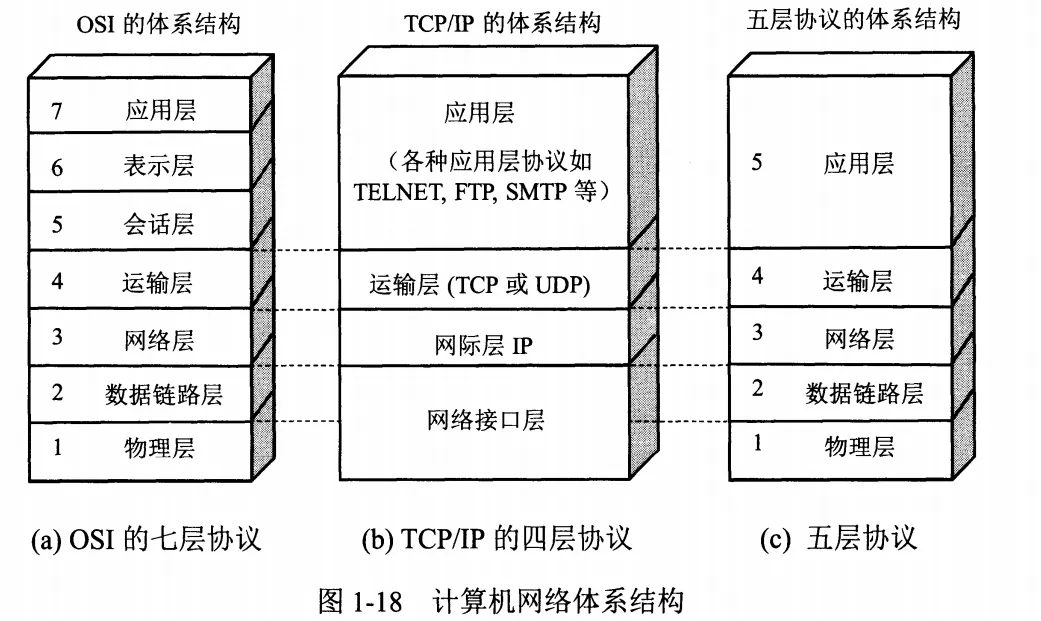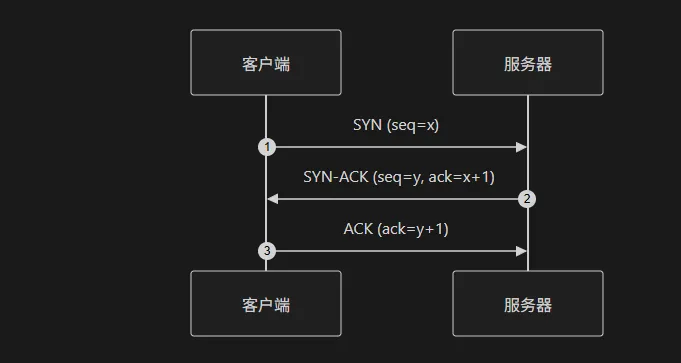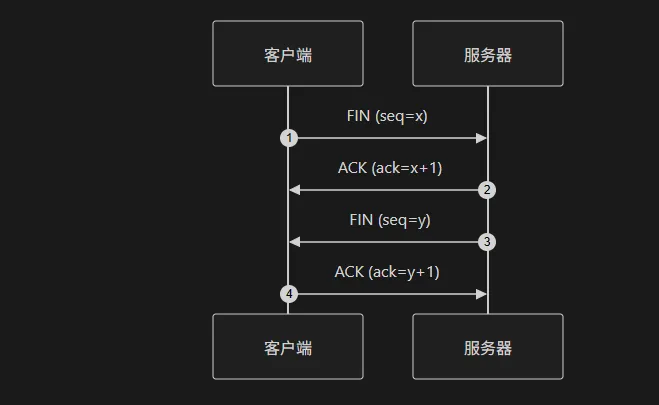TCP/IP基础概念
TCP/IP(传输控制协议/互联网协议)是互联网的基础通信协议,它定义了数据如何在网络中传输的标准。作为现代网络的基石,理解TCP/IP对于开发高效、稳定的网络应用至关重要。
关键概念:
- 协议(Protocol):网络通信的规则和约定
- IP地址:网络设备的唯一标识
- 端口(Port):应用程序的通信端点
- 数据包(Packet):网络传输的基本单位
TCP/IP协议栈的层次结构
TCP/IP模型通常被分为四层,每一层负责不同的通信功能:

- 应用层:直接与应用程序交互(HTTP、FTP、SMTP等)
- 传输层:提供端到端的通信服务(TCP、UDP)
- 网络层:负责数据包的路由和转发(IP)
- 链路层:处理物理传输(以太网、WiFi等)
TCP与UDP的对比
| 特性 | TCP | UDP |
|---|---|---|
| 连接类型 | 面向连接 | 无连接 |
| 可靠性 | 高(有确认、重传机制) | 低(无确认机制) |
| 传输速度 | 相对较慢 | 快 |
| 数据顺序 | 保证顺序 | 不保证顺序 |
| 适用场景 | 文件传输、网页浏览 | 视频流、游戏、DNS查询 |
TCP三次握手和四次挥手
三次握手(建立连接)

四次挥手(关闭连接)

在当今互联网时代,HTTP/HTTPS协议是网络通信的基石,也是C#开发者必须掌握的核心知识。本文将深入剖析HTTP/HTTPS协议的工作原理,并结合C#实例,展示如何在实际开发中高效运用这些协议。无论你是网络编程新手,还是寻求提升的开发者,这篇文章都将为你提供全面而实用的指导。
HTTP协议基础
什么是HTTP协议?
HTTP(超文本传输协议)是一种应用层协议,设计用于在Web上传输超文本、图像、视频等内容。它基于客户端-服务器模型,是无状态的通信协议。
HTTP请求结构
典型的HTTP请求包含:
- 请求行(方法、URL、协议版本)
- 请求头(包含元数据)
- 空行
- 请求体(可选)
HTTP请求结构示例
以下是一个典型的HTTP POST请求的例子,包含了所有你提到的组成部分:
JSONPOST /api/users HTTP/1.1
Host: example.com
User-Agent: Mozilla/5.0 (Windows NT 10.0; Win64; x64) AppleWebKit/537.36
Accept: application/json
Content-Type: application/json
Content-Length: 64
Authorization: Bearer eyJhbGciOiJIUzI1NiIsInR5cCI6IkpXVCJ9
{
"username": "johndoe",
"email": "john@example.com",
"fullName": "John Doe"
}
网络爬虫(Web Crawler)是一种自动化程序,能够系统地浏览互联网,获取并处理网页信息。它像蜘蛛一样在网络上爬行,通过循环发现、下载和解析网页来收集数据。网络爬虫广泛应用于搜索引擎索引构建、数据挖掘、市场分析以及内容监控等领域。

爬虫的基本工作原理
URL发现与管理
爬虫从一个或多个“种子URL”开始运行,通过解析页面内容提取新链接,并将这些链接加入待爬取队列。作为爬虫的核心组件,URL管理主要负责以下任务:
- 去重处理:防止对同一页面进行重复爬取
- 优先级排序:根据深度、相关性或其他策略确定爬取顺序
- 存储管理:利用队列、优先队列或数据库保存待爬取的URL
溶解转场效果概述
溶解转场是一种平滑的视频过渡效果,通过逐渐混合两个视频帧来创建无缝的视觉过渡。本指南将详细介绍如何使用Xabe.FFmpeg在C#中实现多种溶解转场效果。
环境准备
NuGet 包安装
BashInstall-Package Xabe.FFmpeg
引用命名空间
C#using System;
using System.Threading.Tasks;
using Xabe.FFmpeg;
概述
热成像(Thermal Imaging)效果可以模拟红外线或热感应视觉,为视频添加独特的科技感和视觉冲击力。本文将深入探讨如何使用 Xabe.FFmpeg 实现多种热成像特效。
环境准备
NuGet 包安装
BashInstall-Package Xabe.FFmpeg
引用命名空间
C#using System;
using System.Threading.Tasks;
using Xabe.FFmpeg;